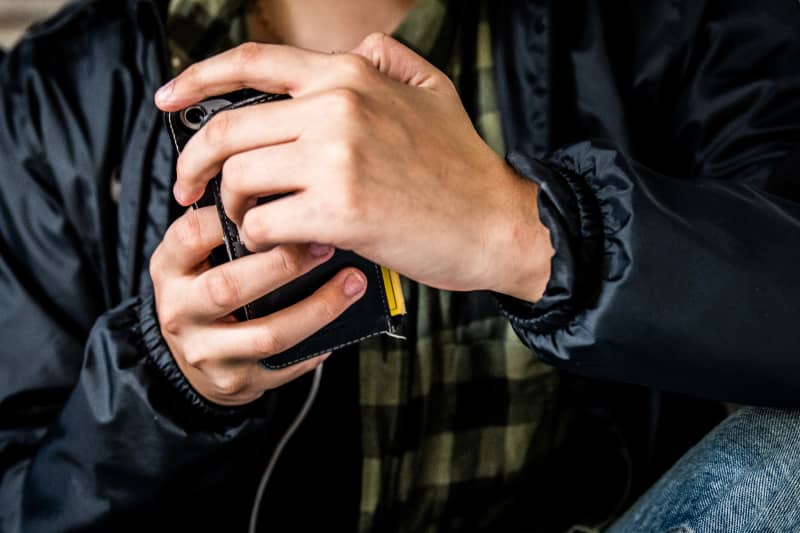
Laws have been passed in Utah that limit the use of social media by minors at night, for example.
In the US, Utah has passed laws that significantly restrict the use of social media by minors. Laws prohibit people under the age of 18 from using social media at night. The use of Some always requires permission from the minor’s parents. By law, services must give parents access to children’s social media messages.
This is how Finnish experts comment on the case.
\”Somejätei have a responsibility to protect children\”
That’s why he hasn’t supported, for example, a general curfew.
If the use of social media at night endangers the child’s development and health, it should be addressed, for example, by means of child protection, Pekkarinen describes in his e-mail message.
– It’s not that such an activity is categorically forbidden to everyone.
The responsibility for protecting children and reducing the harmful effects of social media should be transferred especially to the account of social media giants, who are responsible for the possible harmful consequences of their own actions, the inability to control age limits and online crime, Pekkarinen’s line.
\”Children must be told how algorithms work\”
The problem is complex. In Utah, a simple solution has been sought, which can increase problems, Iivonen describes.
For example, the protection of messages is a fundamental and human rights issue. Social media can be a lifeline for a child and an important means of communication if, for example, he has been discriminated against in class. It can also be a way to seek help if, for example, there is violence at home.
Questions about social media require a joint discussion between parents, for example at parents’ evenings.
– This is a community issue, a community discussion is needed. Parents and children must talk together, teachers with children and children with each other, Iivonen lists.
According to him, algorithms must also be openly discussed. Children must be taught the principles of their operation, told, for example, that they can be used to create addiction.
\”When talking about the news of the day, you must also ask about social media news\”
When the family talks about the news of the day, it’s good to also ask about the day’s social media news: you can ask the child, for example, who he has been talking to on social media, Kiuru advises.
It is worth going over with the child in advance how to act in situations that may come up on social media. What to do, for example, if a stranger contacts you on social media.
Prohibitions lead to fears. If a child is afraid that their phone will be taken away, they won’t tell, if something unpleasant has happened on social media, Kiuru gives an example.
– The child fails to report the harassment, even if it is to find out at the same time that he has used social media at night, even though it was forbidden to him.
